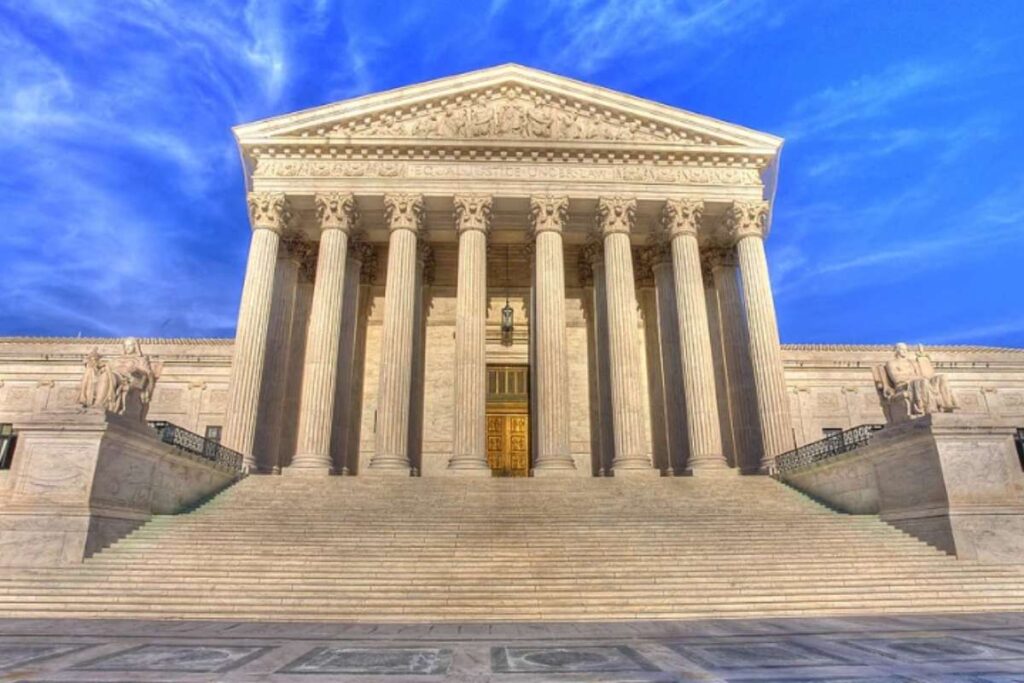Supreme Court Passes on Constitutionality Question on Boston School
The U.S. Supreme Court on Monday opted not to hear a case challenging the constitutionality of a zip-code admissions policy used by three prestigious public schools in Boston. This decision leaves in place a federal appeals court ruling that upheld the policy, which aimed to promote racial diversity through “race-neutral” measures. The case came to the court after its landmark 2022 decision to end affirmative action in university admissions, which led many educational institutions to explore alternative methods, such as geography-based criteria, to achieve diversity without relying on race.
Justices Samuel Alito and Clarence Thomas dissented from the decision to pass on the case. Alito expressed concern that the court’s inaction “threatens to perpetuate race-based affirmative action” in defiance of its prior ruling. By not intervening, the court upheld a December 2022 decision by the Boston-based 1st U.S. Circuit Court of Appeals, which sided with the school district, affirming that the admissions policy was not discriminatory under the 14th Amendment’s equal protection clause.
The Shift to Zip-Code Admissions Policy
Boston school officials introduced the zip-code admissions policy in 2020, replacing a model based on test scores and grades for its three premier public high schools, which enroll nearly 6,000 students. The new policy aimed to ensure top students from every Boston neighborhood had opportunities to attend these elite schools by reserving seats for those with the highest GPAs within each zip code.
The policy was challenged by a coalition of parents and students representing over a dozen Asian American and White applicants. The group argued that the proportion of admitted students who were White or Asian fell significantly—from 61% to 49%—claiming the policy was racially motivated and violated constitutional protections. The Boston Parent Coalition for Academic Excellence, which led the lawsuit, warned that allowing such policies to stand “will only embolden government officials to continue targeting disfavored racial groups, particularly Asian Americans.”
Despite the criticism, a U.S. District Court ruled in favor of the school district, stating the policy was implemented without discriminatory intent. The 1st Circuit Court of Appeals later affirmed this decision, noting that White and Asian American students still comprised a larger share of admitted students compared to their representation in the overall applicant pool.
Evolving Policies Amid Legal Challenges
Boston school officials defended their admissions policy, emphasizing that it relied on race-neutral criteria and did not consider an individual student’s race. They further argued that the case was moot because the policy had since been replaced. Post-pandemic, admissions now consider a combination of grades, standardized test scores, and census tract data. Officials maintained that their policies aim to address historical inequities without directly using race as a factor.
The Boston case mirrors a similar challenge involving Virginia’s Thomas Jefferson High School for Science and Technology, which also employed a geographic admissions model. In February, the Supreme Court declined to hear that case as well.
While the Supreme Court’s 2022 ruling struck down race-based affirmative action in university admissions, it left questions unanswered about the use of socioeconomic or geographic factors as proxies for race. These unresolved issues continue to shape debates about diversity in public education.

